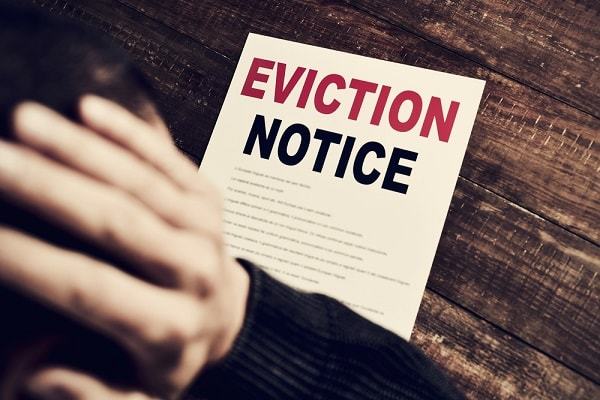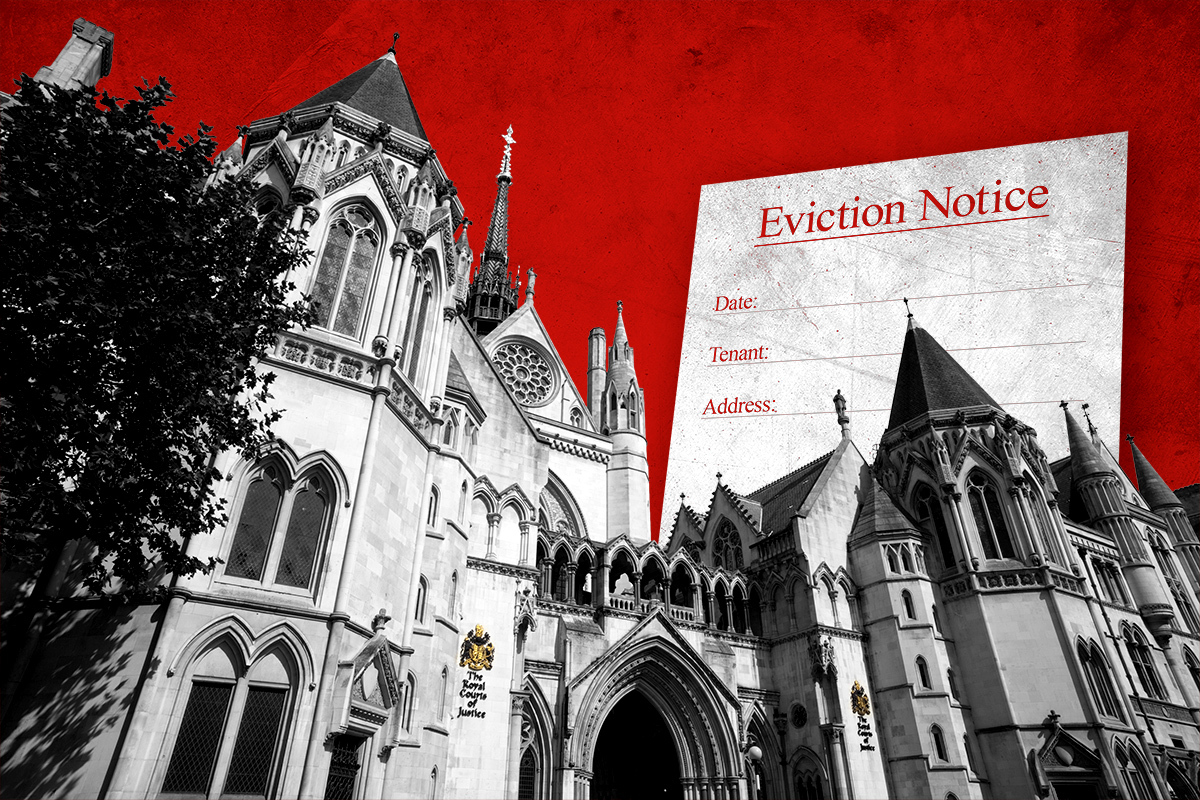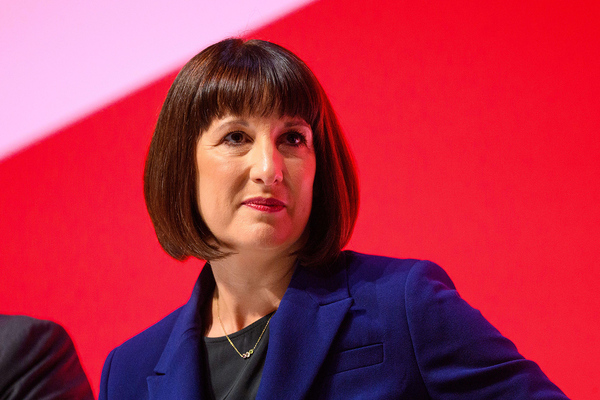You are viewing 1 of your 1 free articles
Updated: government confirms eviction ban extension and introduces six-month notice period
The government has confirmed that the ban on possession proceedings in England and Wales will be extended until 20 September.
Announcing the extension today, the government said it will also introduce six-month notice periods for evictions except in cases involving anti-social behaviour and domestic abuse, until “at least the end of March”.
The government also said that when hearings are resumed after 20 September, cases involving anti-social behaviour and other crimes will be prioritised, alongside those where landlords have not received rent for over a year.
No possession hearings have been heard in the courts of England and Wales since March, when the master of the rolls made the decision to pause proceedings in response to the crisis. The ban was scheduled to be lifted on Sunday (23 August).
Commenting on the extension, housing secretary Robert Jenrick said: “I know this year has been challenging and all of us are still living with the effects of COVID-19. That is why today I am announcing a further four-week ban on evictions, meaning no renters will have been evicted for six months.
“I am also increasing protections for renters – six-month notice periods must be given to tenants, supporting renters over winter.
“However, it is right that the most egregious cases, for example those involving anti-social behaviour or domestic abuse perpetrators, begin to be heard in court again; and so when courts reopen, landlords will once again be able to progress these priority cases.”
In March, a direction was issued to pause all possession proceedings in the courts of England and Wales in response to the COVID-19 crisis. No eviction can legally be carried out without a court order, meaning this move effectively froze evictions in England and Wales.
Courts were due to begin processing possession claims again from the start of next week, however this is now on hold until 20 September.
It comes after serious warnings from housing figures, charities and the Labour Party that lifting the ban without further protections would result in mass evictions and turmoil in the courts system as it struggles to process the mountain of outstanding cases.
Shelter has estimated 227,000 private tenants are in arrears and would have no legal recourse to resist eviction.
The Ministry of Housing, Communities and Local Government (MHCLG) said this week that “appropriate measures” had been put in place to protect tenants. These would have required courts to be given evidence of why the tenant had gone into arrears but would not have granted any discretion to the judge to deny possession.
However earlier today, master of the rolls Sir Terence Etherton wrote to judges to tell them he had been asked by the lord chancellor yesterday to extend the ban on possession proceedings until 20 September.
He wrote: “The CPRC [Civil Procedure Rule Committee] met earlier today. It considered the extremely unusual nature and timing of the letter of direction from the lord chancellor but by majority considered that it was bound to follow the direction.”
Sir Terence said the four-week extension “will allow for further work to be done to prepare for the stay to be lifted which in many respects can be welcomed”.
Polly Neate, chief executive of Shelter, welcomed the decision by the government and it it clearly recognised the danger to tens of thousands of people. She added: “The government must use this short window of time wisely to put proper safeguards in place for renters.
“People are still falling behind on their rent – 230,000 private tenants since March – leaving them vulnerable when the ban does end. And we all know even more economic storm clouds are gathering.
“A bullet may have been dodged with this extension, but as soon as parliament returns it must give judges extra powers to stop renters being evicted because of ‘COVID arrears’. Facing eviction this Christmas is not a present anybody wants.”
Alicia Kennedy, director at Generation Rent, said: “The extension of the eviction ban will come as an enormous relief to the thousands of renters who were terrified of losing their homes as early as next week. We’re glad the government has listened to charities, MPs, local government and public health bodies, but it’s not a permanent solution.”











